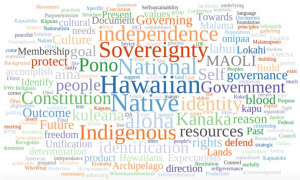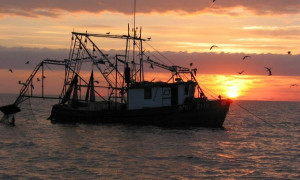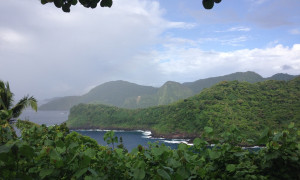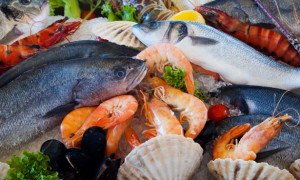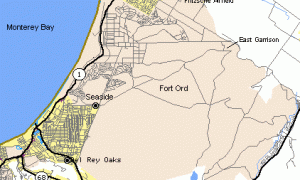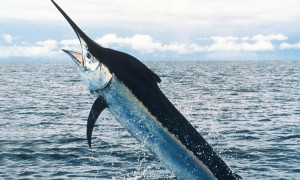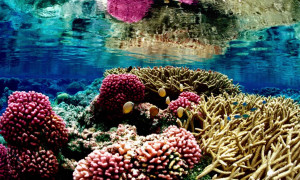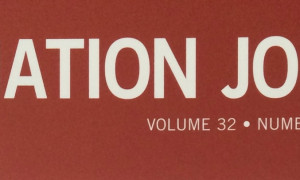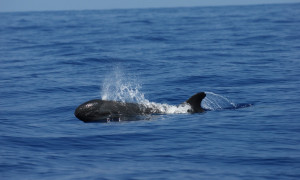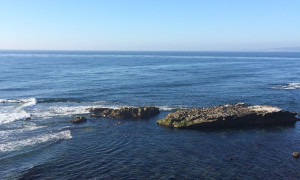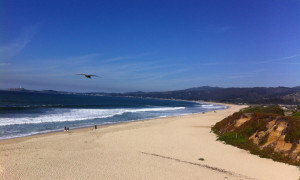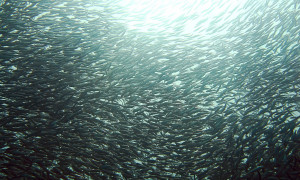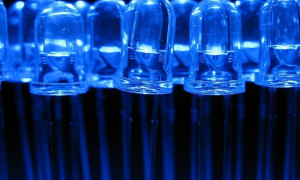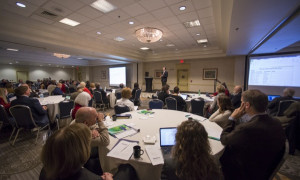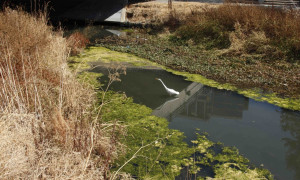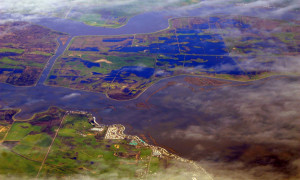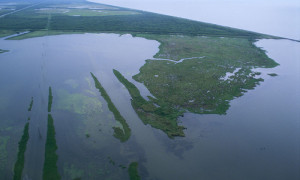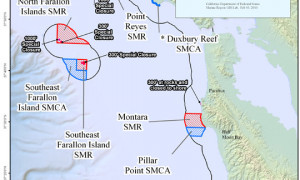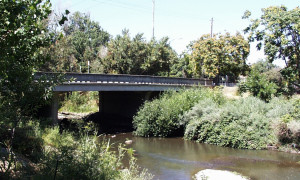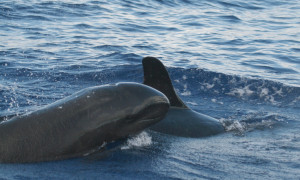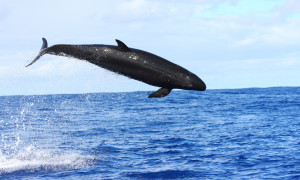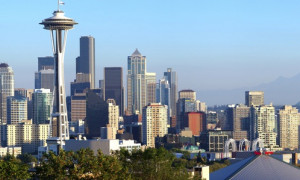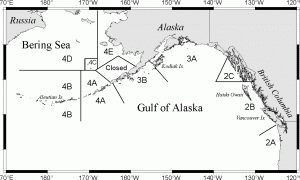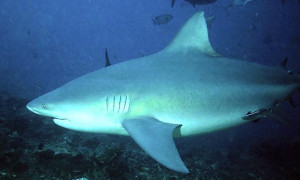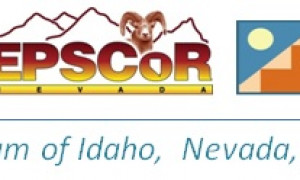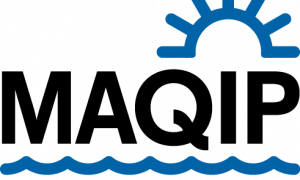CONCUR worked with the Port of Oakland (Port) to design and facilitate the original Maritime Air Quality Improvement Plan (MAQIP) process, which set the goal to cut emissions by 85% from 2005 to 2020. On November 19, 2013, the Port presented their mid-course review, demonstrating major progress toward that clean air commitment. In 1028, the Port convened the “2018 Update to the Original MAQIP” to chart a plan towards 2020 and to put in motion and new “Beyond 2020” greenhouse gas emissions reductions planning process.
CONCUR worked with the Port to design and facilitate the MAQIP consultative planning process. Thirty-five representatives of shipping, trucking, rail, air quality agencies, West Oakland community organizations, environmental organizations, and representatives of local government officials served on the original Task Force from 2005 to 2007, and many turned out for the 2013 update. Stakeholders consulted on the development of the Maritime Air Quality Improvement Plan, in which the Port committed to achieving an 85% reduction in seaport- related diesel health risk by the year 2020 from a 2005 baseline.
Read the Maritime Air Quality Improvement Plan here
2013 MAQIP Mid-Course Review
At the 2013 update it was reported that, according to the peer-reviewed seaport emissions inventory, emissions had already dropped 70% since 2005, though Port container volume grew 3% between 2005 and 2012 in that same period. The MAQIP focused on reductions of diesel particulate matter (DPM); these particulates are a major public health concern as a precursor for cancer risk. DPM emissions from trucks have decreased from 16 tons DPM in 2005 to 2 tons in 2012-this represents a 88% decrease, and DPM emissions from ocean-going vessels have decreased 72%. The emissions inventory is available here.
You can read the Key Outcomes Memorandum from the November 19, 2013 meeting here.
2018 Update to the Original MAQIP
In late 2017, the Port engaged CONCUR to help reconvene the original Task Force (with updates based on staffing or organizational changes), to assist in the Port’s 2018 update to the MAQIP. The Task Force was also engaged to advise the Port on further seaport air quality improvement planning (including GHG reductions) above and beyond the 2020 goal of an 85% reduction in DPM related health risk.
CONCUR conducted a stakeholder assessment, provided process design advice, and facilitated multiple Co-Chair and Task Force meetings. At these meetings, stakeholders provided input on the relative importance and effectiveness of emissions control strategies, received briefings on MAQIP activities and emissions reductions, received community-based science research briefings on DPM reductions and associated health risk impacts, and provided significant input to shape the Port’s ongoing work to reduce seaport-related GHG emissions.
Meeting summaries and presentations from the 2018 Update to the Original MAQIP can be found here.


